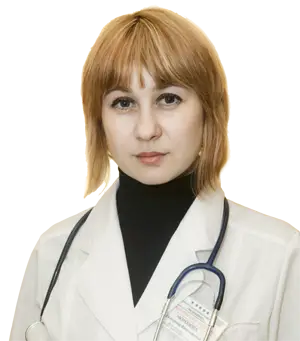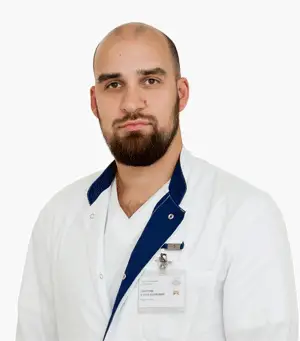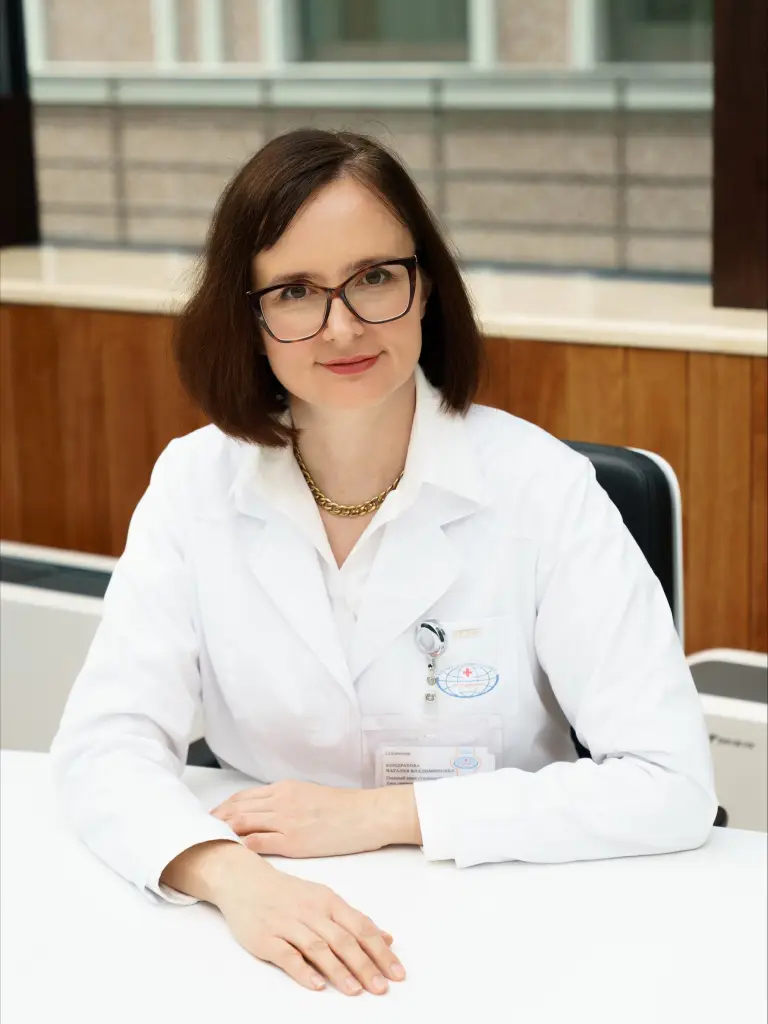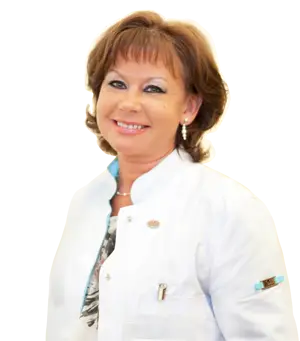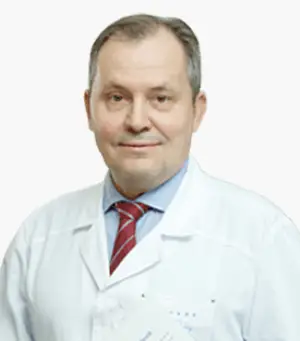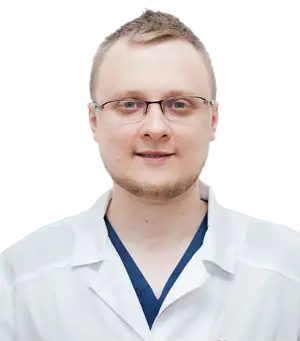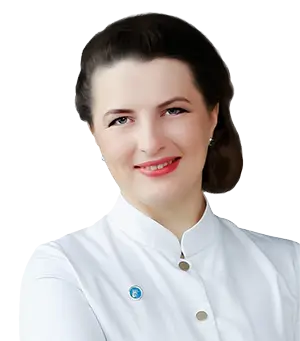Heart diagnosis with using the modern technologies
Cardiovascular diseases are not only one of the main causes of death, but they are rapidly "getting younger" - more and more often people aged 35 to 40 suffer from them. Today, a huge number of people need care about cardiac function. Our task is to provide timely help and understand how your heart works to prevent negative consequences.
When to check the heart and blood vessels?
- Alarming symptoms. Shortness of breath, dizziness, increased sweating, and problem with swelling. If these symptoms are regular, then you should see a doctor.
- Deciding to go in for sports. It's not about light exercises in the morning, but about swimming, running, serious strength training, that is, with a high load. Before preparing for a marathon, be sure to visit a cardiologist.
- Risk factors. Among the main risk factors: diabetes, smoking, a sedentary lifestyle, high cholesterol, high blood pressure, cardiovascular diseases of relatives.
Examination by a cardiologist
The heart diagnosis begins in the cardiologist's office. The doctor evaluates the color of the skin, checks the pulse, and measures blood pressure and body temperature. He also examines the veins of the neck, percusses the chest and listens to the heart with a stethoscope.
Depending on the patient's condition, the doctor prescribes the following examinations:
- Electrocardiography is one of the simplest methods. The electrocardiogram displays the pulse, electrical conductivity, frequency and rhythm of contractions. In addition, the ECG can show damage after a heart attack.
- Lab tests. The complex of analyzes will show the risk assessment of developing atherosclerosis, which in turn can lead to the development of cardiac arrhythmias, coronary artery disease, myocardial infarction, and sudden cardiac arrest. Doctors recommend taking such an analysis to all patients over 20 years of age at least once every 5 years.
- Continuous ambulatory ECG screening. Such a study is carried out to detect short-term and unpredictable heart rhythm disturbances. The patient is put on a Holter monitor that records an ECG within 24 hours.
- Radiography. It is done to almost anyone with suspected heart disease. The chest X-ray evaluates the size and shape of this organ, the atrial septal defect, the structure of the vessels in the lungs and chest cavity. Also, according to the image, you can assess the condition of the lungs, identify excess fluid.
- CT scan. This method allows you to see changes in major vessels, and lungs. With the help of CT, “slices” of the chest are made in several planes, and a model of the organ is made on a computer, which can be used to study its features.
- Echocardiography or ultrasound. This method uses ultrasound - through a special sensor attached to the body. The method provides information about the anatomy, allows you to find out the causes of murmurs, to assess the work of the heart.
- Cardiac catheterization. In this test, a thin catheter with a measuring device at the tip is inserted through an artery or vein. It is led to the main vessels to measure pressure and examine the circulatory system.
- Magnetic resonance imaging. MRI analyzes the dimensions of the cavities, large blood vessels, and flow.
- Nuclear stress. The research shows detailed and accurate results. It lasts approximately 2 hours and includes an injection of a radioisotope that circulates through the bloodstream and indicates whether the heart muscle is receiving enough blood both under stress and at rest.
Thanks to performed procedures, the cardiologist can detect the following disorders and diseases:
- abnormal dilatation of large vessels (aneurysms);
- pericardial abnormalities;
- valve diseases;
- atrial fibrillation diagnostic;
- congenital malformations.
Each case is considered by a specialist in our clinic separately. You can sign up for an examination by using the contacts indicated on our official website. Our doctors are specialists who have not only a colossal amount of knowledge and experience but also sensitive, understanding people who are responsible for their work and the state of health of patients who have entrusted them.
Doctors
